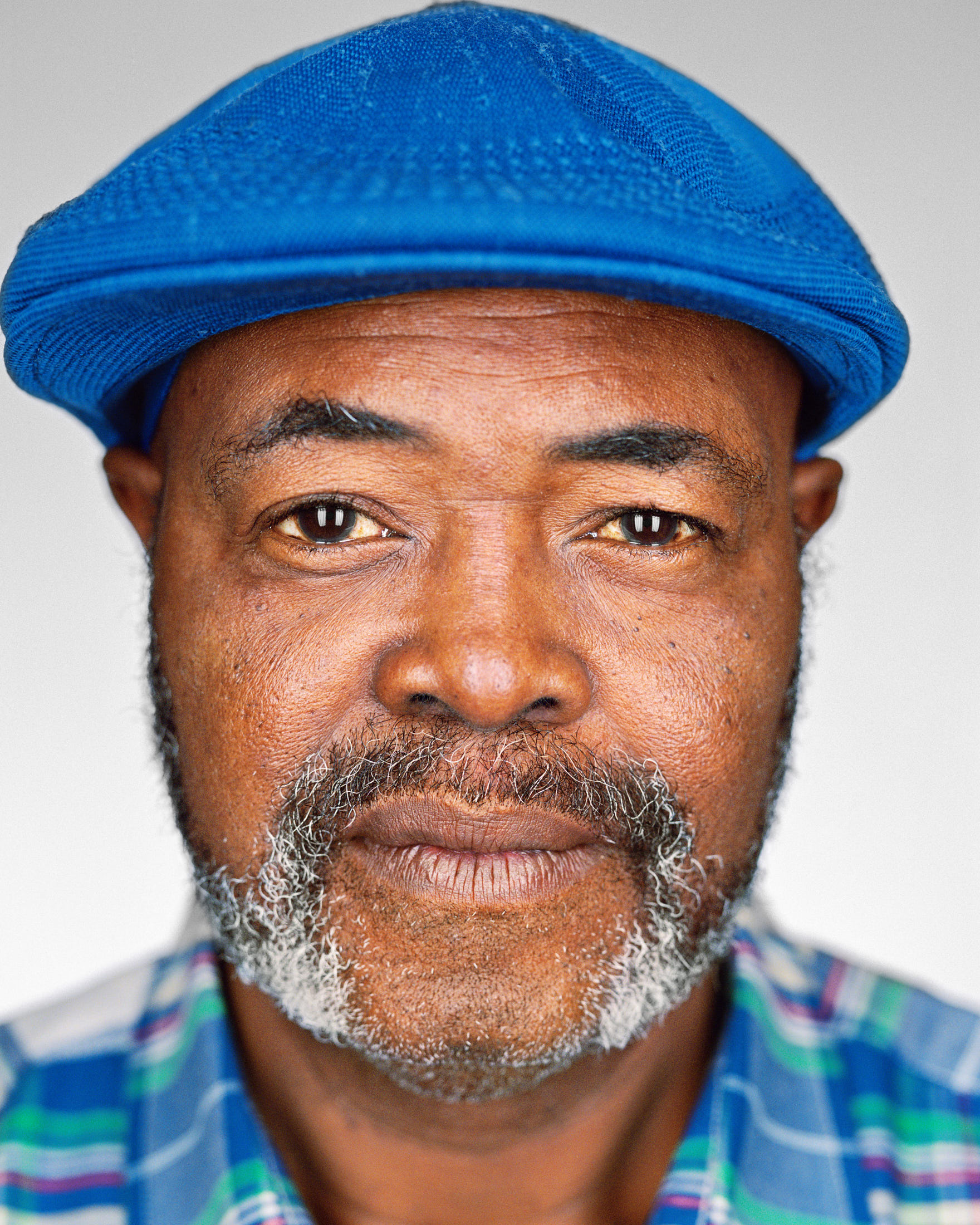
Kwame Ajamu
Kwame Ajamu spent twenty-eight years in prison, two years on death row for a crime he did not commit.
“I was sitting in the holding cell in the courthouse before they brought us back to the old jail. I had got sentenced to die, and I was just 17. I’ll never forget the deputy that came to get me was an older black man. He might have been maybe 60-61 years old. And I never forget, he came to the cell and he looked at me and said, ‘Come on baby, I have to take you back.’ And that’s when I realized my life would change forever. Because up to that point the guards weren’t nice to nobody. But I could see the father in him, you know. I could see the hurt on his face. He was going to take this kid to a cell, and he knew they were sending him to die. I could just see it. And it radiated. I got it. I got it. I never forgot him.”
Kwame Ajamu, Chairman of the Board of Witness to Innocence, was sentenced to death as a teenager in 1975 along with his brother Wiley Bridgeman and friend Ricky Jackson. He was wrongfully incarcerated for 28 years, from age 17-45. In 2014, he was fully exonerated, having lived 39 years with the stigma of wrongful conviction.
Kwame dedicates his life to death penalty abolition and criminal justice reform. His advocacy for incarcerated people and their loved ones began in prison, where he worked to establish educational programs and mentored fellow inmates. His own future uncertain, he lobbied successfully for a culinary school so others would have employable skills. Today, he lives in Ohio with LaShawn Ajamu, his wife of 16 years, and shares his story with audiences worldwide, including legislators, judges, prosecutors and law enforcement personnel.
Despite his ordeal in a cell just wide enough to stretch his arms, with execution looming, Kwame forgives the then 13-year-old who falsely testified against him, recognizing how he was cruelly coerced by police. He focuses instead on the systemic racism and injustice that hurts not only the falsely accused and imprisoned, but their families and those who work in the system.
“I was sitting in the holding cell in the courthouse before they brought us back to the old jail. I had got sentenced to die, and I was just 17. I’ll never forget the deputy that came to get me was an older black man. He might have been maybe 60-61 years old. And I never forget, he came to the cell and he looked at me and said, ‘Come on baby, I have to take you back.’ And that’s when I realized my life would change forever. Because up to that point the guards weren’t nice to nobody. But I could see the father in him, you know. I could see the hurt on his face. He was going to take this kid to a cell, and he knew they were sending him to die. I could just see it. And it radiated. I got it. I got it. I never forgot him.”
Kwame Ajamu, Chairman of the Board of Witness to Innocence, was sentenced to death as a teenager in 1975 along with his brother Wiley Bridgeman and friend Ricky Jackson. He was wrongfully incarcerated for 28 years, from age 17-45. In 2014, he was fully exonerated, having lived 39 years with the stigma of wrongful conviction.
Kwame dedicates his life to death penalty abolition and criminal justice reform. His advocacy for incarcerated people and their loved ones began in prison, where he worked to establish educational programs and mentored fellow inmates. His own future uncertain, he lobbied successfully for a culinary school so others would have employable skills. Today, he lives in Ohio with LaShawn Ajamu, his wife of 16 years, and shares his story with audiences worldwide, including legislators, judges, prosecutors and law enforcement personnel.
Despite his ordeal in a cell just wide enough to stretch his arms, with execution looming, Kwame forgives the then 13-year-old who falsely testified against him, recognizing how he was cruelly coerced by police. He focuses instead on the systemic racism and injustice that hurts not only the falsely accused and imprisoned, but their families and those who work in the system.
